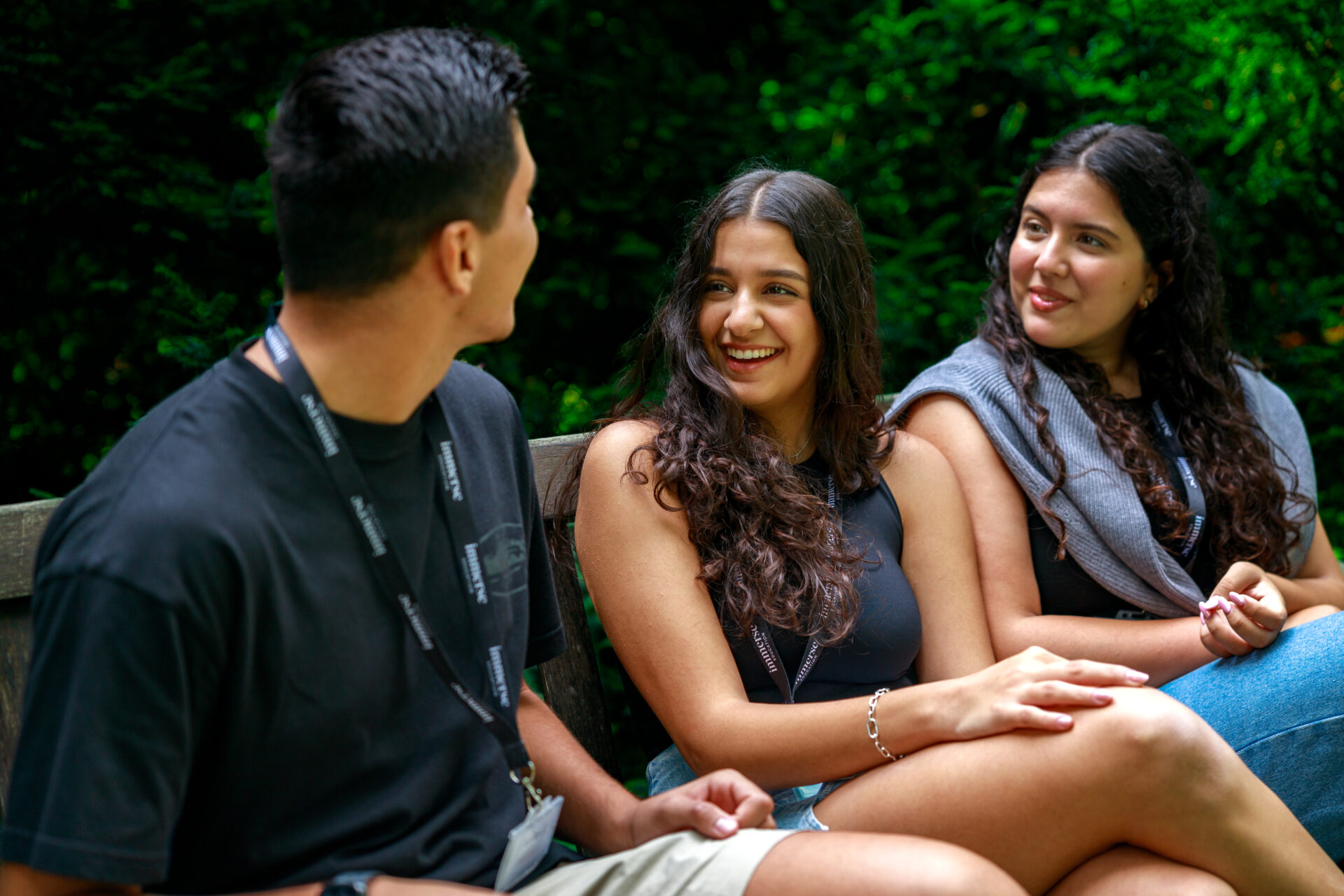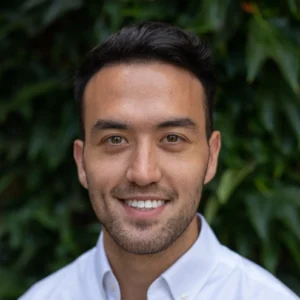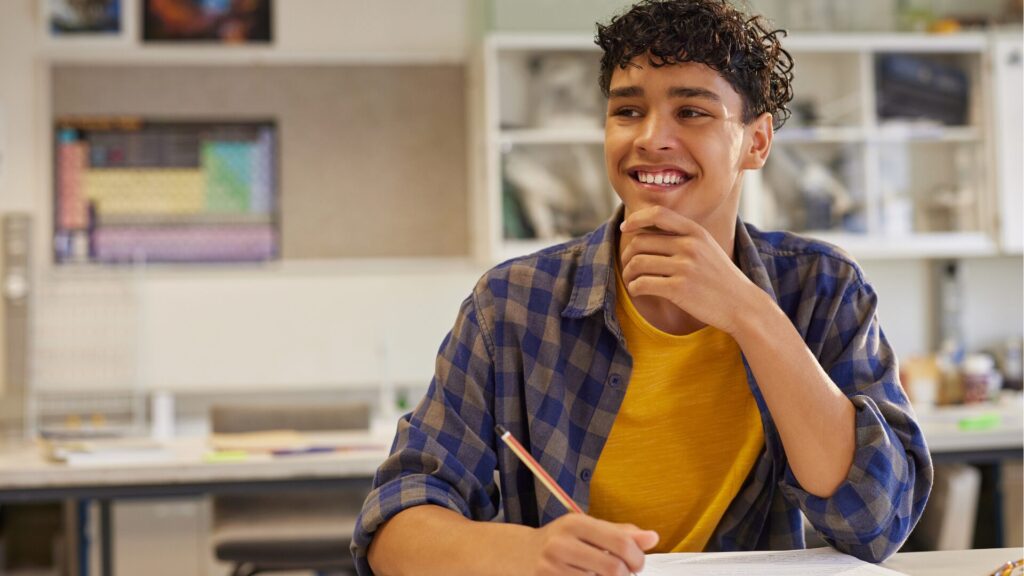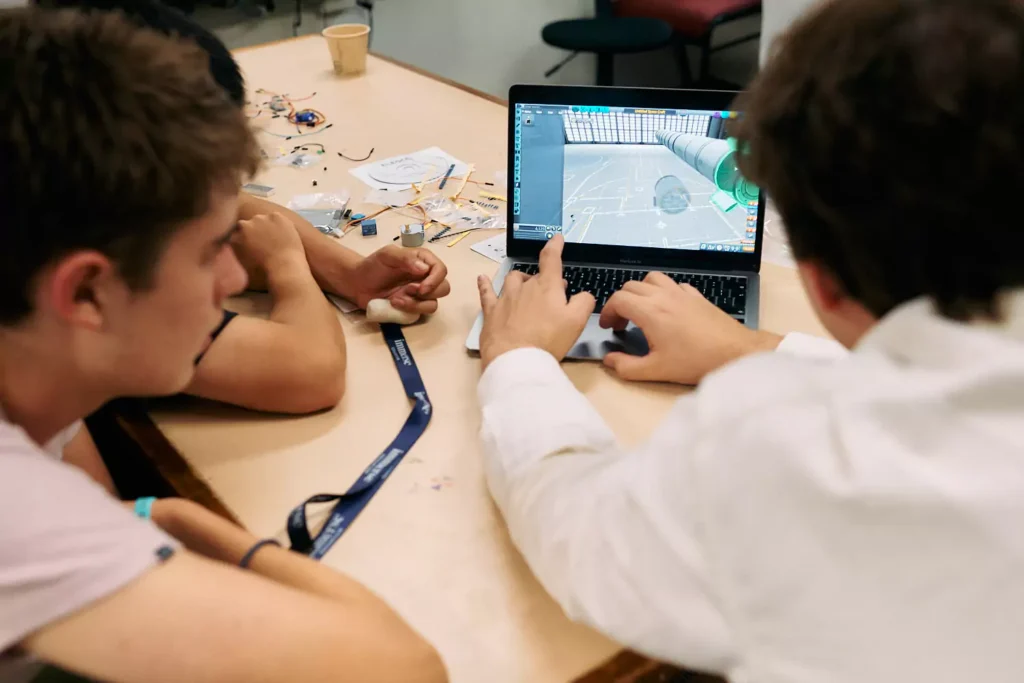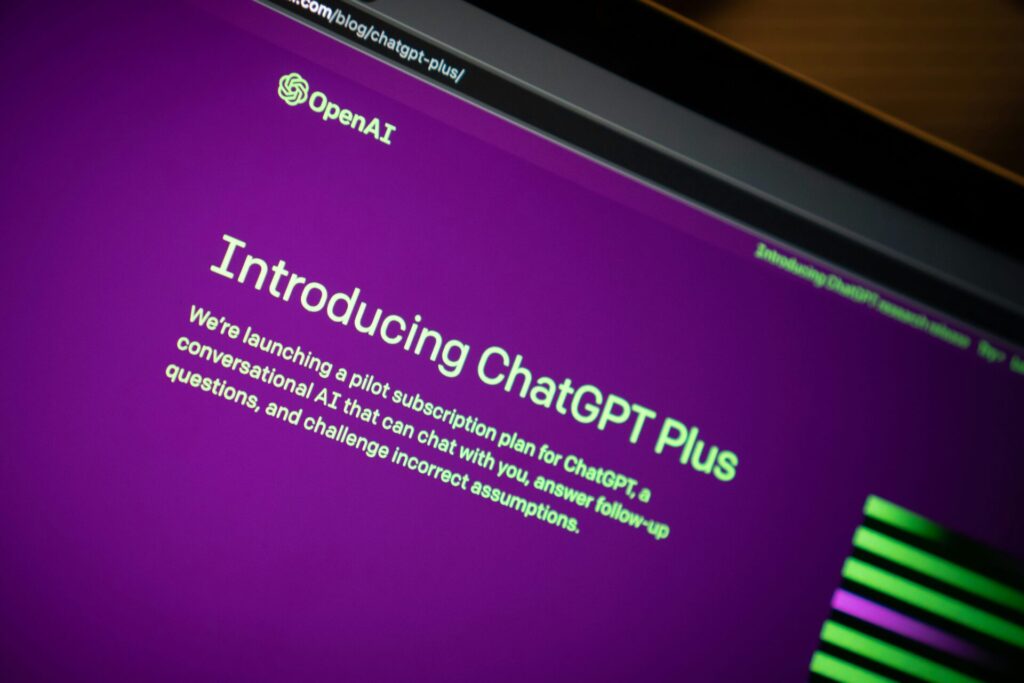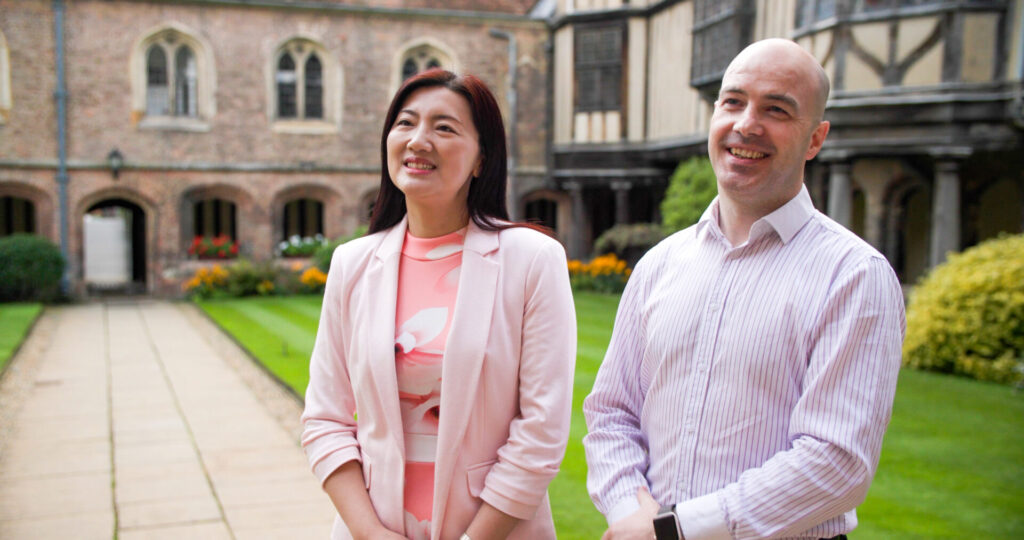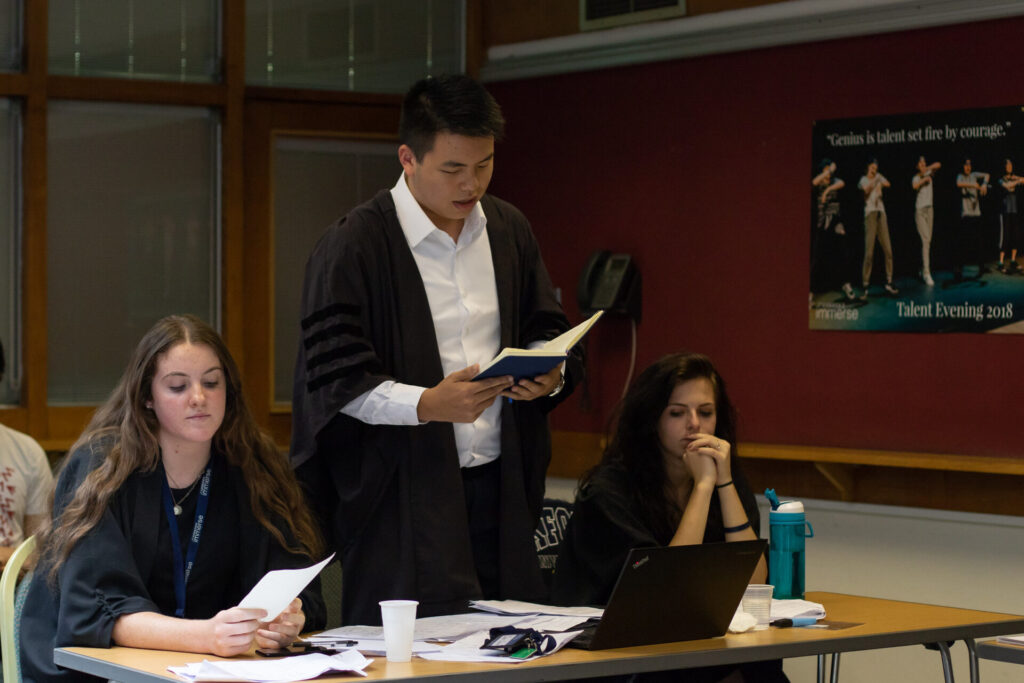When I started Immerse Education at 21, I didn’t set out to build a global organisation.
It began as a single summer programme in Cambridge – a few dozen students, a handful of mentors, and a shared belief that education could be more immersive, more aspirational, and more personal.
Fast-forward to today, and we’ve welcomed over 20,000 students from more than 120 countries to our programmes, both in-person and online. We’ve worked with partners from São Paulo to Singapore, Johannesburg to Jeddah. We’ve launched platforms like Succeed to bring opportunity to students far beyond the classroom.
But perhaps the biggest surprise isn’t how far we’ve grown. It’s what I’ve learned along the way about students, families, and education systems across the world.
Here are five lessons that have shaped my thinking – and continue to shape how we build at Immerse.
1. Ambition is universal. Access is not.
Wherever we go – Tokyo, Nairobi, Zurich, New Delhi – we meet young people who are hungry to learn, dream big, and do something meaningful with their lives.
What varies isn’t the ambition. It’s the visibility of opportunity.
In some countries, students grow up surrounded by mentors, global pathways, and future-facing infrastructure. In others, even the most driven students don’t know where to begin. The world seems distant, and their ambition risks turning into quiet frustration.
That’s why access must be at the heart of modern education.
We created the Immerse Essay Competition to help address this. It’s now one of the world’s largest academic competitions of its kind, with 80,000+ participants annually. And for many, it’s their first real experience of academic validation on a global stage.
“[On the morning of the results] I had a text from my mother going ‘Congratulations’… I was feeling very lucky, and very determined to get to the course and make the most out of it.”
— A., Essay Competition winner
Ambition is already there. Our job is to meet it with possibility.
2. Parents everywhere want two things: safety and self-belief
In every culture we operate in, we encounter different parenting styles. Some are more structured, some more hands-off, some focused on prestige, others on self-expression.
But at the core, parents everywhere want two things for their children:
→ To be safe
→ To believe in themselves
The challenge is that safety often feels at odds with risk – and yet risk is essential to growth. Applying to a top university, moving abroad, speaking up in a seminar – these are all risks that build capability.
Our role as educators is to provide a structured space where students can experience risk safely – fail a little, grow a lot, and come out more confident.
Summer programmes do this beautifully. They’re contained, time-bound, and supervised – but open-ended enough for students to reinvent themselves.
And when students come home changed, parents see that growth as something to be proud of – not feared.
3. The best education is about becoming, not just achieving
Some of the most moving moments I’ve had as a founder weren’t learning about our alumni who gained spots at Ivy League or Oxbridge universities. They’ve come from the students who tell us:
“I found my voice.”
“I didn’t think people like me belonged in spaces like this.”
“Now I see myself differently.”
We often talk about education in terms of outcomes – offers, grades, rankings. But in my view, the real win is when a student changes how they see themselves in the world.
That’s a transformation that transcends borders. And it lasts much longer than a certificate.
4. You need global ambition and local sensitivity
One mistake I made early on was assuming that “what worked in Cambridge” would work everywhere. It didn’t.
In Japan, we met families who cared deeply about academic depth and structure. Our programme consultants speak with Brazilian parents who valued creativity and social connection. Our organisational partners in UAE looked for prestige – but also alignment with local cultural values.
To build globally, you have to learn when to localise and when to hold the line. There are some things you protect – like academic rigour and pastoral care. But there are others – language, tone, onboarding experience – that must flex.
You can’t copy-paste culture. You co-create it.
5. The future of education is ecosystem-driven
If there’s one macro insight I’ve gained from building across 50+ countries, it’s this:
No single school, teacher, or course can deliver what today’s students need.
The future belongs to ecosystems – a mix of formal education, digital tools, experiential learning, and global exposure.
That’s why we’re building Succeed, our student platform, not just as a content library, but as a discovery engine. A place where students can access competitions, explore career paths, reflect on their development, and connect with others.
Education needs to be everywhere, because everything in one place doesn’t exist.
And that’s what we’ve seen echoed in every country we’ve entered: the most successful students are those who learn how to build their own ecosystem.
Final thought: The world is fragmented, but education can unify
In a time when the world feels divided – by borders, by ideology, by inequality – education remains one of the few forces that can create shared experience.
When students from vastly different cultures come together to debate AI ethics, write essays on sustainability, or just talk about their dreams on a lunchtime walk through Oxford, something powerful happens.
They realise they’re not so different. They realise the world is big – but not unreachable. And they go home a little more capable of changing it.
That’s what I’ve learned after a decade building Immerse – and I’m just getting started.
Want to see how Immerse Education is helping students thrive globally?
Learn more about our programmes and platforms.
Join the Immerse Education 2025 Essay Competition
Follow the instructions to write and submit your best essay for a chance to be awarded a 100% scholarship.





